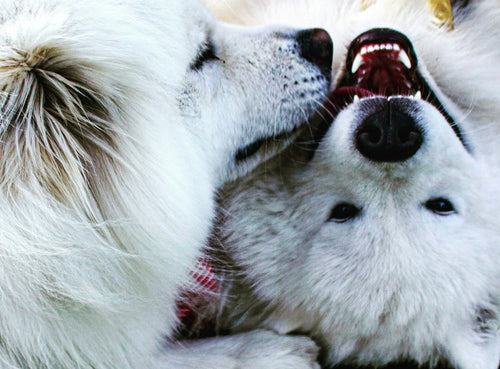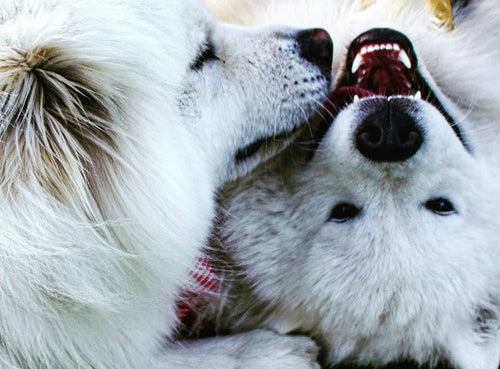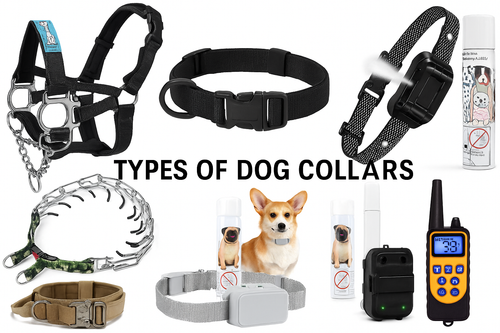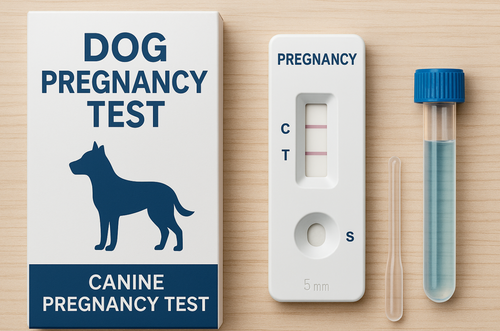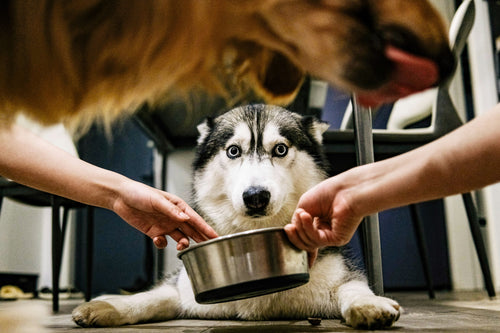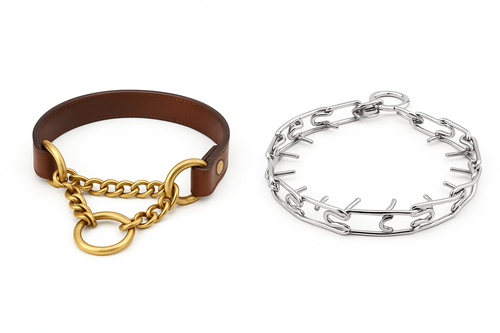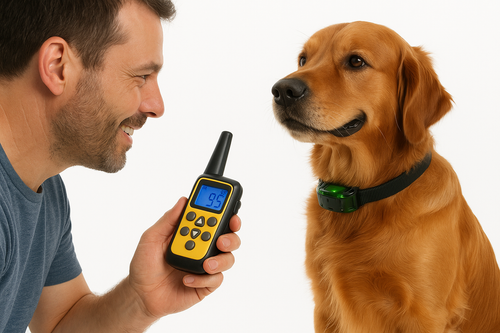Having a dog as a pet is a joy and responsibility that involves more than feeding and grooming; it requires being able to recognize signs of illness and seeking medical assistance when necessary. Timely recognition and intervention of health problems can significantly improve the prognosis of your pet and may prevent the development of more serious health complications. This comprehensive guide aims to equip dog owners with the knowledge to identify various signs of potential illness in dogs. Learn how to recognise allergies in dogs, to prevent anything becaming a real problem
1. Recognizing Appetite Changes

A noticeable alteration in your dog's appetite can often indicate underlying health concerns. An abrupt decrease in your pet's food and water consumption, or conversely, a drastic increase can signal potential problems. These changes may stem from dental issues, gastrointestinal disorders, or more systemic conditions such as diabetes or kidney disease. Hence, should you observe unusual appetite fluctuations in your pet, it might be prudent to discuss these changes with your vet.
2. Identifying Lethargy or Lack of Energy

Lethargy in dogs, especially if it is a stark contrast to their typical lively behavior, could be a red flag. Various conditions, ranging from infections and heart disease to metabolic disorders, can make your pet unusually tired and uninterested in activities they usually enjoy. Therefore, a sudden decrease in energy levels or an excessive need for sleep should not be ignored and must warrant a visit to the vet.
3. Interpreting Frequent Vomiting or Diarrhea
While occasional vomiting or diarrhea may be typical for dogs, especially those with curious appetites, frequent or severe episodes could indicate serious underlying health issues such as gastrointestinal disorders, pancreatitis, or even poisoning. Persistent vomiting or diarrhea can quickly lead to dehydration, a condition that poses severe health risks to dogs. Hence, if your pet experiences recurrent vomiting or loose stools, it is imperative to consult a vet promptly.
4. Understanding Persistent Coughing or Sneezing
Frequent coughing or sneezing may imply a respiratory illness in dogs. Respiratory tract infections, kennel cough, or allergies could be potential reasons for these symptoms. If your pet shows signs of difficulty in breathing or coughing and sneezing persistently, it is advisable to seek veterinary advice without delay.
5. Noticing Behavioral Changes

One of the most telling signs of potential health issues in dogs can be an abrupt change in their behavior. Uncharacteristic aggression, fearfulness, or increased anxiety could indicate pain, neurological issues, or even certain diseases such as hypothyroidism. Any sudden alterations in your pet's behavior must be evaluated by a professional.
6. Monitoring Changes in Urination or Defecation
Variations in urination or defecation habits, like frequent house soiling or straining to urinate, could indicate urinary tract infections, kidney diseases, or gastrointestinal issues. If your pet exhibits trouble in passing urine or bowel movements, or if there are drastic changes in the frequency of these activities, it might signal a need for immediate veterinary intervention.
7. Detecting Skin Irritation or Hair Loss
Skin irritations, hair loss, or changes in the condition of the dog's coat can be indicative of several health issues including allergies, infections, or hormonal imbalances. Particularly, if the irritation seems to spread or intensify, it's crucial to seek professional help.
8. Addressing Bad Breath

While a certain level of 'doggy breath' is normal, unusually bad breath could be a sign of dental diseases or other systemic health issues. Regular dental cleanings and examinations are essential in maintaining oral health and overall well-being of your pet.
In summary, as a conscientious pet owner, being observant and responsive to your dog's physical and behavioral changes is critical. Variations in appetite, lethargy, vomiting or diarrhea, persistent coughing or sneezing, uncharacteristic behavior, urinary or bowel movement irregularities, skin irritations or hair loss, and unusually bad breath can all point towards potential health issues. If any such changes are noticed, it's of utmost importance to consult with your vet immediately to ensure your pet receives appropriate care. Remember, when it comes to health, the mantra 'prevention is better than cure' holds as true for our pets as it does for us.
















